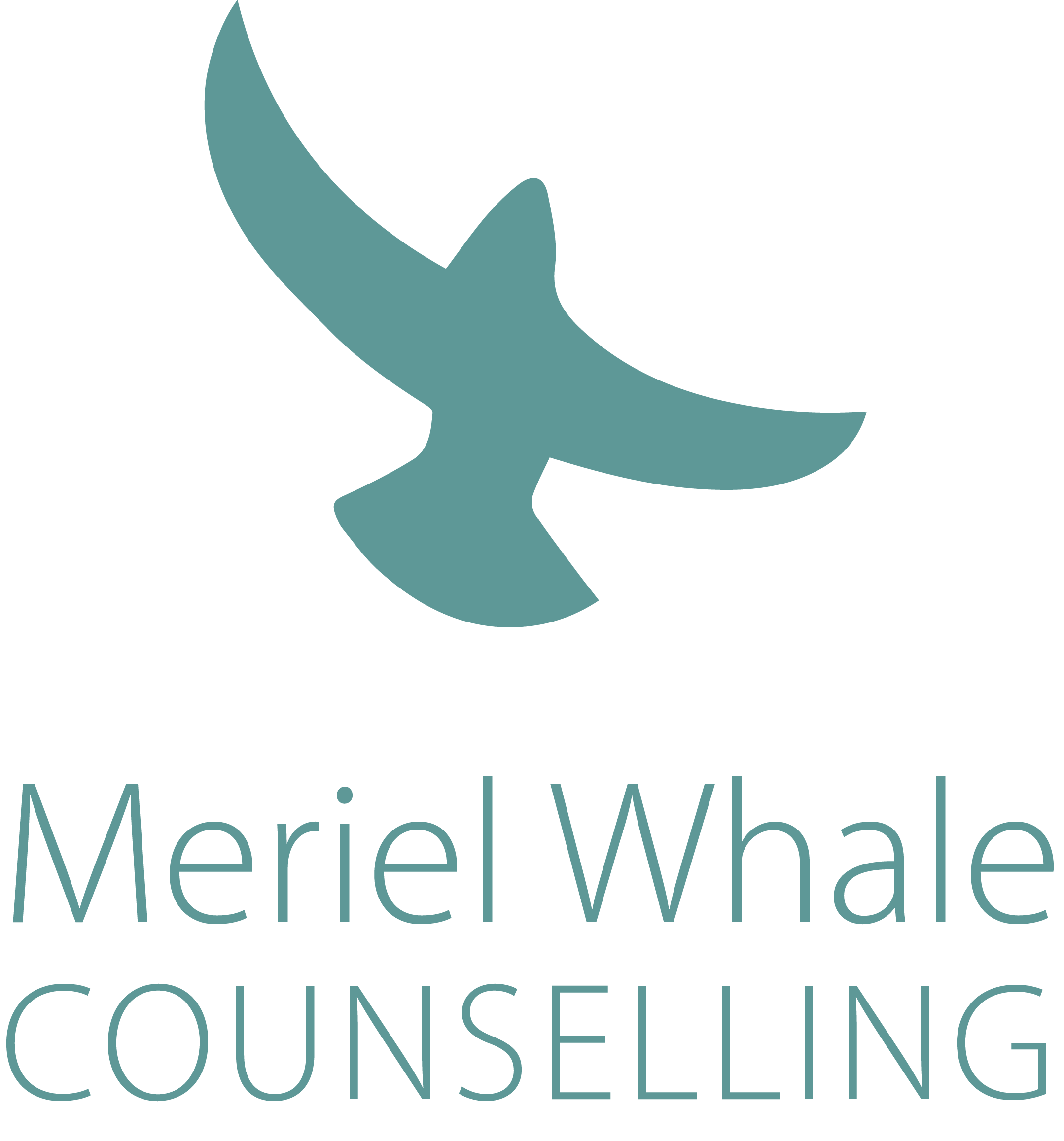Healing from shame
What is shame?
Shame is a painful form of vulnerability, a deeply uncomfortable feeling that can be experienced physically, psychologically and emotionally. One dictionary defines it as 'a feeling of humiliation or distress caused by the consciousness of wrong or foolish behaviour' and gives us synonyms including scorn, ridicule, humiliation, mortification, ignominy, loss of face and embarrassment. Interestingly, the example given in the dictionary is, 'she was hot with shame', interesting because the shame is experienced physically and painfully as heat, visible and painful. My own experience of extreme shame led me to think that everyone around me could see what had happened to me just by looking at me, as if it was written on my face.
The Scarlet Letter
In Nathaniel Hawthorne's 1850 novel, 'The Scarlet Letter', this visual labelling of shame is experienced powerfully by a young woman called Hester Prynne. In uber-Puritan Boston in 1642, she is accused of having committed adultery. Her punishment is to wear a scarlet 'A' on her dress for the rest of her life, to shame her visibly in front of all her neighbours, family and friends. She also has to stand on the town scaffold for three hours so she can be publicly mocked which she is described as doing with dignity. Having her shame witnessed is the key part of the punishment, and the scarlet letter A will keep it going ad infinitum. And her dignity indicates that, despite all this she can, with self compassion, hold onto her own innate sense of goodness.
Shame and guilt
American writer and researcher Brene Brown distinguishes powerfully between shame and guilt in her now-famous Ted Talk and in blogs, books and articles:
“Based on my research and the research of other shame researchers, I believe that there is a profound difference between shame and guilt. I believe that guilt is adaptive and helpful – it’s holding something we’ve done or failed to do up against our values and feeling psychological discomfort. I define shame as the intensely painful feeling or experience of believing that we are flawed and therefore unworthy of love and belonging – something we’ve experienced, done, or failed to do makes us unworthy of connection. I believe that if we want meaningful, lasting change we need to get clear on the differences between shame and guilt and call for an end to shame as tool for change. That also means moving away from labelling.”
Guilt: we did something bad. Shame: we are bad. We are bad, and everyone can see. Guilt helps us learn. Shame helps us hide. We fear the visibility of the Scarlet Letter.
No wonder shame hurts so much. No wonder it can make us pull away from human connection, thinking we are not good enough. And it is human connection, experienced with compassion, empathy and love, that can free us of the damaging effects of shame.
Social media
Shame can act as a magnet for more shame, increasing its effects and making the impact more long lasting. Social media doesn't help. We can probably all think of a time when someone has been publicly shamed online. Jon Ronson has even written a book about that very experience, 'So You've Been Publicly Shamed'.
Internalised shame
Shame can start young, being used as a well-meaning (or otherwise) tool to improve us, and we can internalise it and begin to shame ourselves, sometimes without even knowing we are doing it. It begins to come from our own sense of self-disapproval, and can leave us feeling disgraced, inadequate, ridiculous and unworthy of love and connection and belonging. It can drive us outside of society when we need most to be in it and if not properly understood can accumulate and weigh us down until it starts to do us harm.
Healing
Shame must be witnessed, even if just by ourselves, to exist. It is in the eye of the beholder. And it must be witnessed to be helped, witnessed with compassion and understanding, not by a crowd where someone will always throw the first stone. Counselling can be instrumental at changing your relationship with yourself and with others, at bringing you back into the fold. Having the strength to share your story with someone who will understand, who will hear you with compassion and value you no matter how badly you feel about yourself, who will support you to 'normalise' your experience and help you to have empathy, compassion and to once more find love for yourself. Taking small steps to trust yourself again can help you to understand that you're OK, and you are worthy of love and connection, as we all are.

